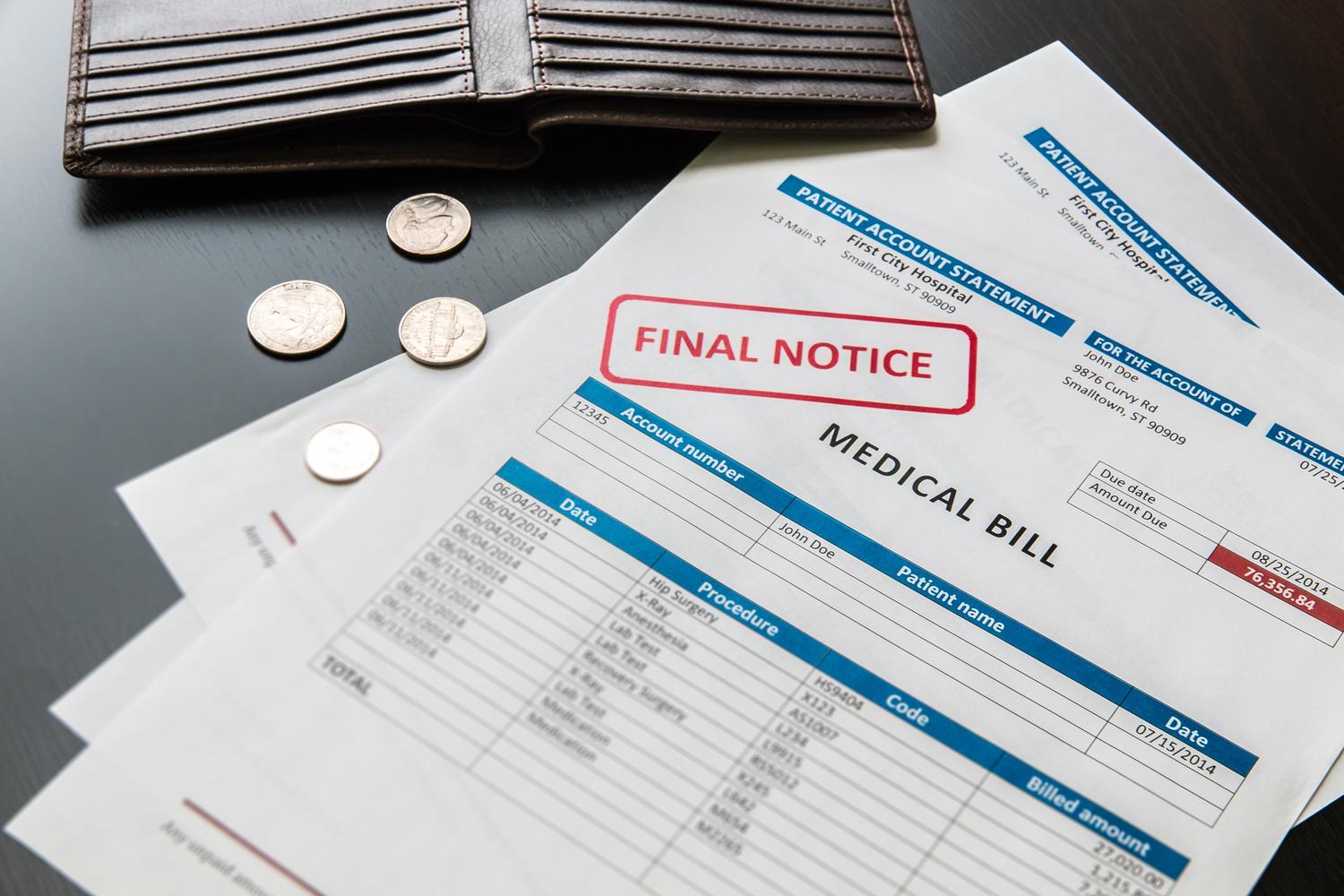Railroads and…Health Care?
How the recent standoff exposes our broken system
This week, with freight rail companies and the unions representing tens of thousands of rail workers in the news regarding a potential work stoppage, I, like many Americans, learned much more about an employment dispute that I wouldn’t otherwise hear much about. I know rail work is a dangerous profession -- sadly my family knows more about that than most.
Both of my great grandfathers were rail workers, and both died in rail accidents, leaving their children -- my maternal and paternal grandfathers -- fatherless at a young age. Growing up, I heard the stories about the sacrifices they made in their native countries (Argentina and Puerto Rico, respectively), and how their untimely passings led both of their sons to take on the burden of moving to America as young men to earn a living and financially support their families back home.
So, when I hear about a potential rail strike, my sympathies automatically align with the union members in the field. And while being a rail worker today is meaningfully safer (and better compensated) than it was for my great grandfathers, the last week exposed the cracks in their health care, and more broadly the cracks in the American health care system that working men and women face every day.
According to the Washington Post, one of the critical points that rail workers were fighting for was the ability to see a doctor and not be penalized for it. Read that again. Not paid time off – just the ability to take unpaid time for medical care, without potential repercussions like losing their jobs. Unionized American rail workers have health insurance. They just didn’t have a way to actually get the time to get care if and when they needed it. That’s a pretty important detail! And one that millions of Americans face. Working in a shift-based job that doesn’t allow workers to clock out for needed medical care makes it all too common to delay and defer care that can prevent something small from becoming something big. A common occurrence in America, where one in five Americans reports having delayed care over the past two years.
They also fought to ensure their monthly health care contributions would not increase over the next contract negotiation period. As I recently wrote, the cost of employer health plans continues to rise (and not by just a little bit) – and one way many employers are mitigating that is by passing down the cost to the employee. The agreement unions and rail companies reached will help insulate rail workers from that fate - and help them be able to better afford medical care. At least for now, before health insurance rates inevitably increase again.
Because 54.4% of Americans receive health insurance through their employers, many would put the onus on business owners – and that’s fair, to some degree. But with third-party payments the way they are in our healthcare system in America, no one is incentivized to push for something better. The people negotiating the rates (insurers) aren’t paying the bills at the end of the day – patients are. They’re getting bills that say “this is not a bill”, doctors are being told what they can charge for a service, and employers are in the middle, trying to offer employees health coverage but not break their bottom line at the same time. It’s a mess.
Think about this: our country’s freight system had to come to a near standstill for tens of thousands of workers to get what they (and all of us) should unequivocally have access to.
We can do better. And we have to. Our economy (and the workers who help power it) depends on it. It’s one of the things we’re most proud of at Sesame, where hundreds of thousands of Americans come to access convenient, affordable care, nationwide.








